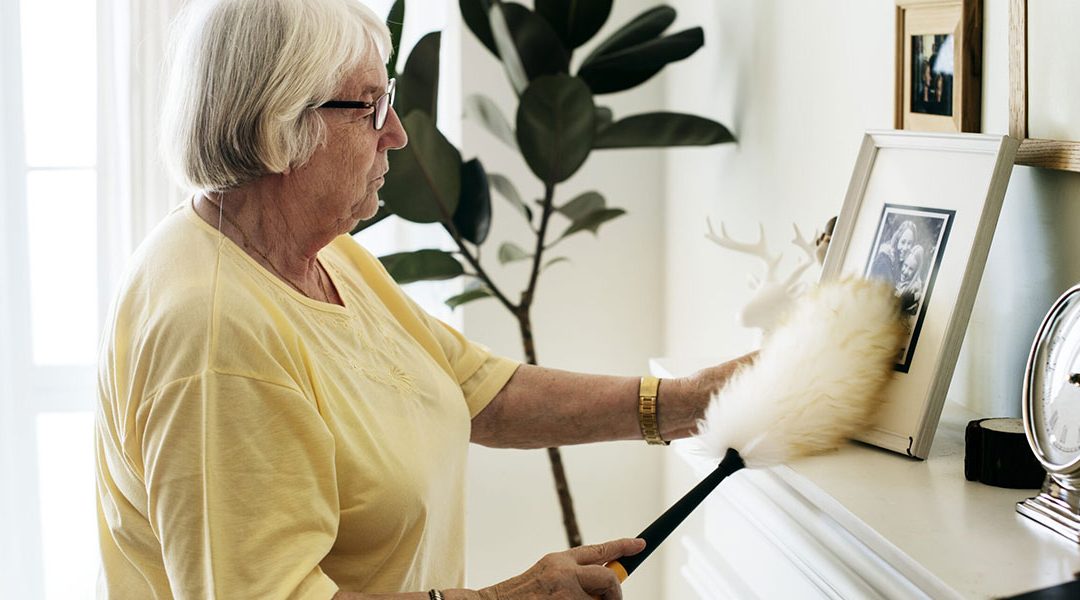Often, clients come to me seeking to simplify estate management for their children and other survivors. It’s certainly important to consider how you’re leaving your affairs in order, but sometimes people assume larger items like Wills and Trusts are the biggest stumbling blocks and miss the more practical things that actually can be the most complicated for those picking up the pieces after your passing.
There are three simple steps that everyone can do to ensure your affairs are as streamlined as possible. In my last blog, I covered the importance of informing the agent you’ve selected and equipping them with the proper information to get started. The next step is to get organized!
Streamline your finances
Think about when you call your own bank, credit card, retirement or insurance company. You wait on hold, give your name, birthdate, address, last four digits of your account number and maybe more before they can trust that it’s you. Now, imagine if you were calling in for someone else? What if you didn’t have that information? What if you didn’t even know what bank they used?
Unfortunately, I’ve seen many survivors encounter this struggle. They spend hours running around town to different branches or calling 1-800 numbers and waiting on the phone to reach the right person. This effort is multiplied by every account you have.
The more you can streamline your finances, the easier things will be for those taking them over. Combine accounts and close any you don’t use. Remember to throw out paperwork to avoid further confusion. I’ve seen survivors find documents for old accounts and go down a rabbit hole only to find it was closed a decade ago. Streamlining ahead of time reduces the number of hoops through which your loved ones will need to jump.
Clean your house—literally
When was the last time you went through your papers and possessions and really assessed what you wanted and needed to hang onto? I can’t tell you how many hours I’ve seen children spend cleaning out their parents’ homes. I had to do it with my own parents and it’s overwhelming. Knowing what to keep or throw away can be a monumental task, especially in the wake of losing someone you love.
It’s another practical problem that you can help your survivors avoid later by simply taking some initiative today. Is your car sitting in your driveway unused? Sell it! Do you really want to keep that statue you’ve hung onto for 40 years? Your children may think it was important to you and feel guilty getting rid of it when maybe it really wasn’t sentimental to you at all. Do you have tax forms and utility bills from 1985? Consult your attorney and financial advisor and get rid of any statements you no longer need to keep. Again, a little work on your part can eliminate a lot of confusion and save your survivors from spending their time off cleaning up your stuff.
While elderly clients often think this way, it’s really important for anyone to be streamlining accounts and property frequently in light of unexpected passings.
Stay tuned for more tips in my next blog. Have questions in the meantime? Contact me today to set up a chat.


